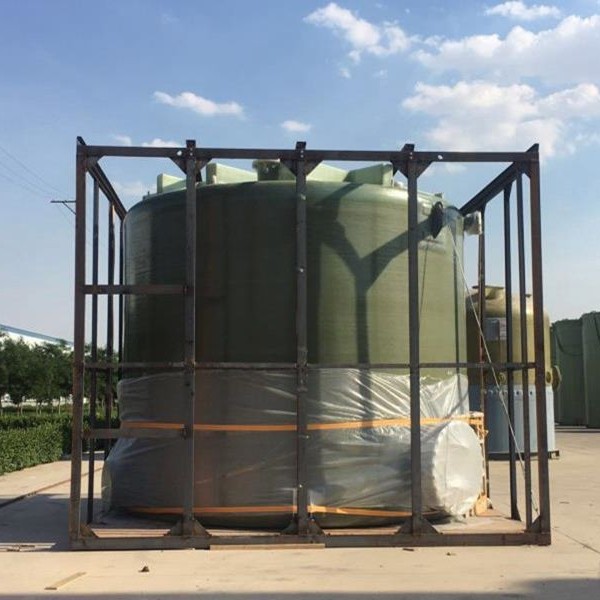
-
 Afrikaans
Afrikaans -
 Albanian
Albanian -
 Amharic
Amharic -
 Arabic
Arabic -
 Armenian
Armenian -
 Azerbaijani
Azerbaijani -
 Basque
Basque -
 Belarusian
Belarusian -
 Bengali
Bengali -
 Bosnian
Bosnian -
 Bulgarian
Bulgarian -
 Catalan
Catalan -
 Cebuano
Cebuano -
 China
China -
 China (Taiwan)
China (Taiwan) -
 Corsican
Corsican -
 Croatian
Croatian -
 Czech
Czech -
 Danish
Danish -
 Dutch
Dutch -
 English
English -
 Esperanto
Esperanto -
 Estonian
Estonian -
 Finnish
Finnish -
 French
French -
 Frisian
Frisian -
 Galician
Galician -
 Georgian
Georgian -
 German
German -
 Greek
Greek -
 Gujarati
Gujarati -
 Haitian Creole
Haitian Creole -
 hausa
hausa -
 hawaiian
hawaiian -
 Hebrew
Hebrew -
 Hindi
Hindi -
 Miao
Miao -
 Hungarian
Hungarian -
 Icelandic
Icelandic -
 igbo
igbo -
 Indonesian
Indonesian -
 irish
irish -
 Italian
Italian -
 Japanese
Japanese -
 Javanese
Javanese -
 Kannada
Kannada -
 kazakh
kazakh -
 Khmer
Khmer -
 Rwandese
Rwandese -
 Korean
Korean -
 Kurdish
Kurdish -
 Kyrgyz
Kyrgyz -
 Lao
Lao -
 Latin
Latin -
 Latvian
Latvian -
 Lithuanian
Lithuanian -
 Luxembourgish
Luxembourgish -
 Macedonian
Macedonian -
 Malgashi
Malgashi -
 Malay
Malay -
 Malayalam
Malayalam -
 Maltese
Maltese -
 Maori
Maori -
 Marathi
Marathi -
 Mongolian
Mongolian -
 Myanmar
Myanmar -
 Nepali
Nepali -
 Norwegian
Norwegian -
 Norwegian
Norwegian -
 Occitan
Occitan -
 Pashto
Pashto -
 Persian
Persian -
 Polish
Polish -
 Portuguese
Portuguese -
 Punjabi
Punjabi -
 Romanian
Romanian -
 Russian
Russian -
 Samoan
Samoan -
 Scottish Gaelic
Scottish Gaelic -
 Serbian
Serbian -
 Sesotho
Sesotho -
 Shona
Shona -
 Sindhi
Sindhi -
 Sinhala
Sinhala -
 Slovak
Slovak -
 Slovenian
Slovenian -
 Somali
Somali -
 Spanish
Spanish -
 Sundanese
Sundanese -
 Swahili
Swahili -
 Swedish
Swedish -
 Tagalog
Tagalog -
 Tajik
Tajik -
 Tamil
Tamil -
 Tatar
Tatar -
 Telugu
Telugu -
 Thai
Thai -
 Turkish
Turkish -
 Turkmen
Turkmen -
 Ukrainian
Ukrainian -
 Urdu
Urdu -
 Uighur
Uighur -
 Uzbek
Uzbek -
 Vietnamese
Vietnamese -
 Welsh
Welsh -
 Bantu
Bantu -
 Yiddish
Yiddish -
 Yoruba
Yoruba -
 Zulu
Zulu
high pressure fiberglass pipe
High Pressure Fiberglass Pipe A Reliable Solution for Industrial Applications
In the world of industrial piping, the need for materials that can withstand extreme conditions is paramount. High pressure fiberglass pipes have emerged as a leading solution due to their lightweight nature, corrosion resistance, and durability. These pipes are crafted from a composite material, primarily composed of glass fibers embedded in a resin matrix, which imparts unique characteristics that are advantageous for various applications.
Advantages of High Pressure Fiberglass Pipe
1. Corrosion Resistance One of the most significant benefits of fiberglass pipes is their resistance to corrosive substances. Unlike traditional metal pipes, fiberglass does not rust or corrode when exposed to chemicals, moisture, or the elements. This property makes them an ideal choice for industries dealing with aggressive fluids, such as chemical processing plants, oil and gas operations, and wastewater management.
2. Lightweight High pressure fiberglass pipes are considerably lighter than their metal counterparts. This lightweight nature simplifies transportation and installation, reducing labor costs and the need for heavy lifting equipment. Moreover, the ease of handling can contribute to faster project completion times.
3. High Strength-to-Weight Ratio Despite being lightweight, fiberglass pipes possess an impressive strength-to-weight ratio. They can withstand high pressures without bending or breaking, making them suitable for high-pressure applications. This quality is particularly beneficial in scenarios where structural integrity is critical, such as in hydraulic systems or pressure vessels.
4. Thermal Insulation Fiberglass pipe systems also exhibit excellent thermal insulation properties. This characteristic helps in maintaining the temperature of the fluids transported, preventing heat loss or gain, which is crucial for applications like steam transport and heated fluid systems.
5. Longevity and Low Maintenance Fiberglass pipes demonstrate a remarkable lifespan, often lasting several decades with minimal to no maintenance required. Their resistance to corrosion and degradation means that they do not require frequent replacements, translating into cost savings over time.
high pressure fiberglass pipe

Applications
High pressure fiberglass pipes are widely used across various sectors, including
- Oil and Gas Industry In oil drilling and transportation, these pipes are employed for both onshore and offshore applications. Their ability to resist harsh environmental conditions and chemical exposure makes them ideal for such demanding environments.
- Chemical Processing Many chemicals are known to cause rapid deterioration in traditional piping materials. Fiberglass pipes provide a robust alternative for transporting corrosive materials, ensuring safety and efficiency in chemical handling.
- Water Treatment Municipal water systems and wastewater treatment facilities benefit significantly from the use of fiberglass pipes. They help in the effective transportation of water while resisting biofouling and chemical attack.
- Power Generation Within power plants, fiberglass pipes are utilized for cooling water systems and steam applications, where durability and resistance to heat and corrosion are essential.
Conclusion
The introduction of high pressure fiberglass pipes has revolutionized industrial piping solutions. With their impressive list of benefits—corrosion resistance, lightweight nature, high strength, excellent thermal insulation, and longevity—they offer a practical choice for a wide range of applications across various industries. As industries continue to demand materials that meet the challenges of modern operations, high pressure fiberglass pipes stand out as a reliable and efficient solution, combining performance with cost-effectiveness. As technology advances, these pipes are likely to gain even more recognition and utility, cementing their place in the future of industrial infrastructure.









